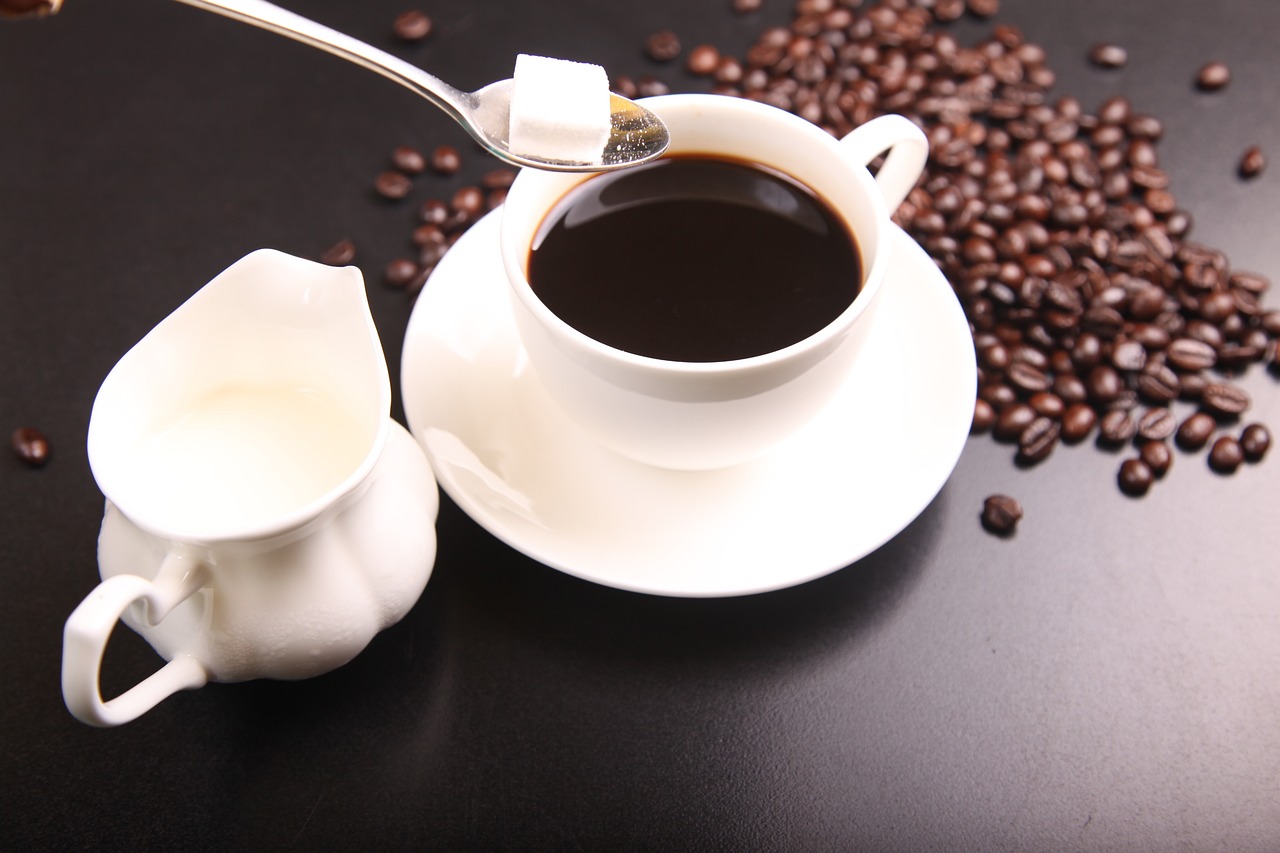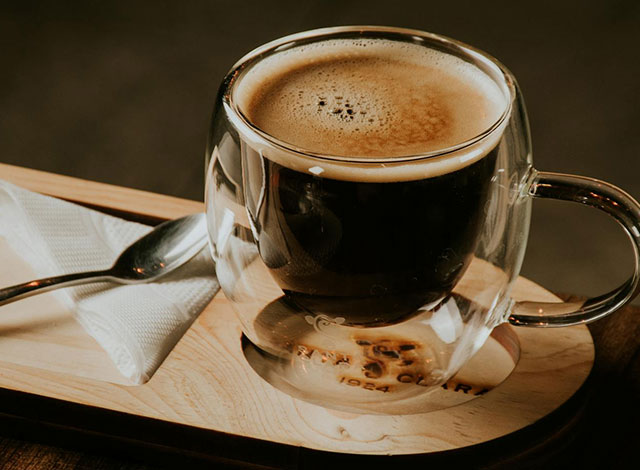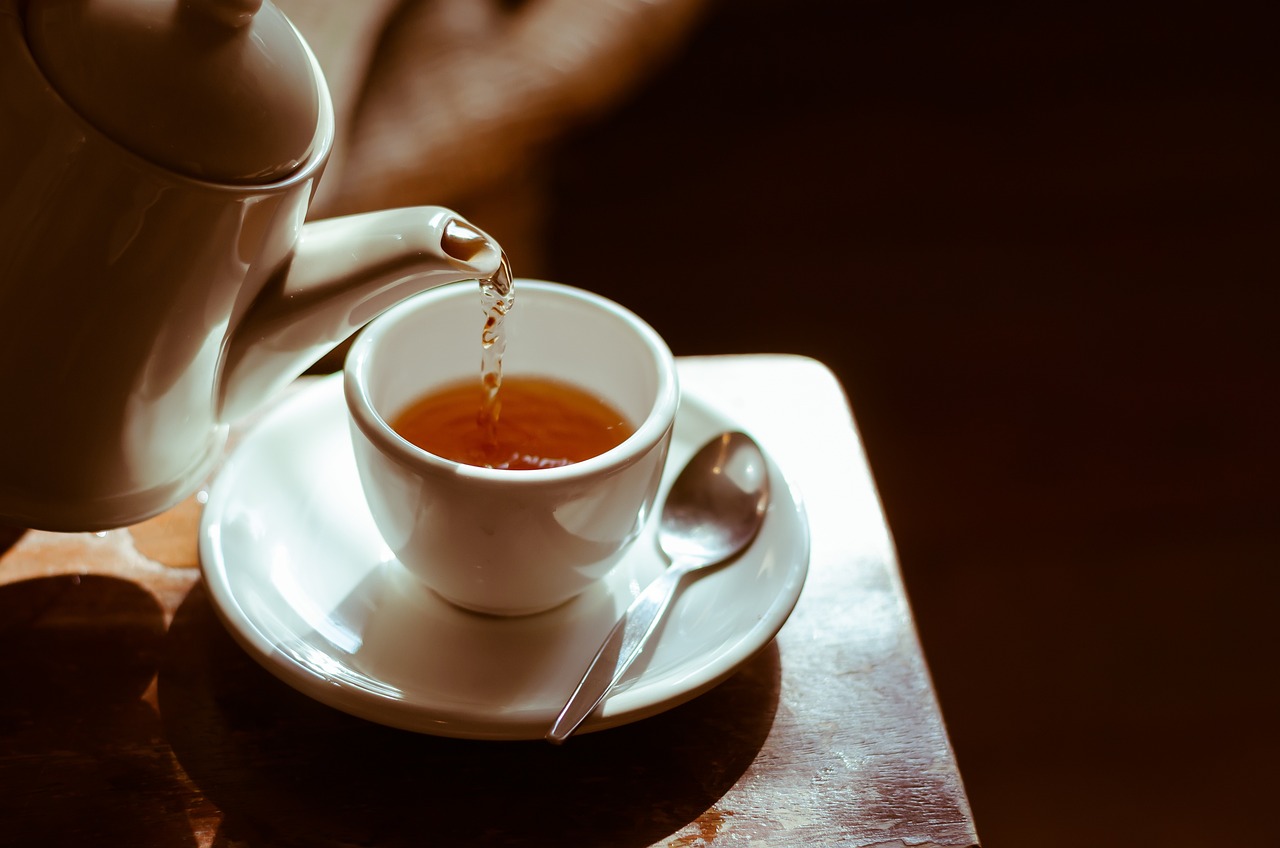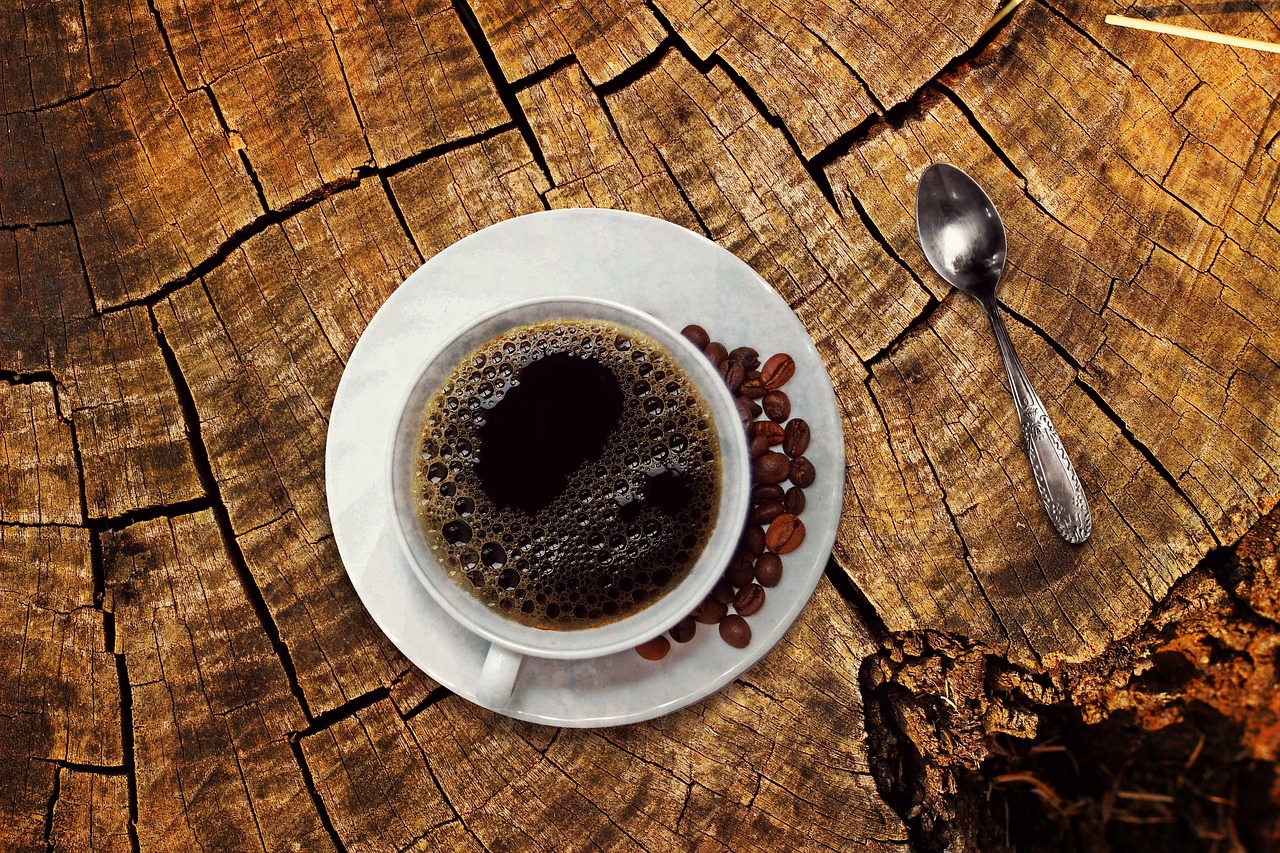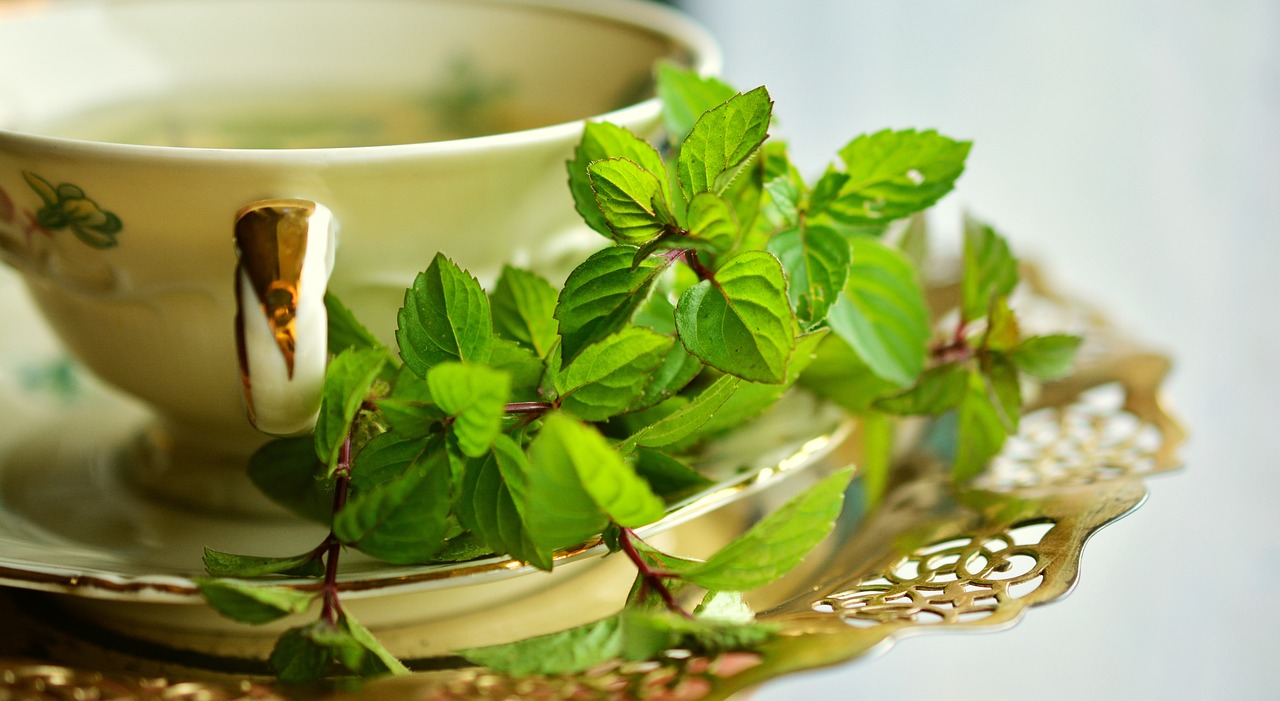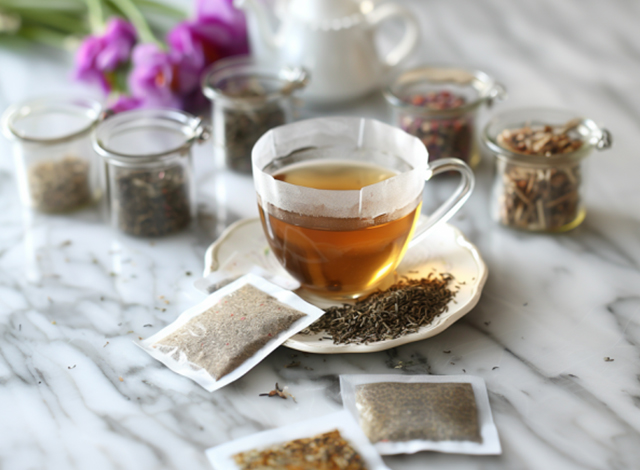In the world of caffeinated beverages, tea and coffee are constant favourites, for their distinct flavour profile, cultural importance, and, of course, caffeine level. While both are valued for their capacity to deliver a much-needed morning boost or afternoon pick-me-up, the question of which contains more caffeine: caffeine in coffee or caffeine in tea, has long been debated among fanatics and consumers with health goals.
Join us as we discover the intriguing world of caffeine, contrasted between the caffeine levels in tea and coffee. Whether you’re a die-hard coffee expert or just interested in the science behind your favourite beverage, this journey will surely surprise you.
Tea vs Coffee
Tea, made from camellia sinensis leaves, has a wide range of flavours. It is rooted in tradition and is valued for its calming properties and potential health advantages. Coffee, derived from the roasted seeds of the coffee plants, has a rich, complex flavour profile with varied intensities, offering a powerful rush of caffeine known for its stimulating effects and ability to kick-start the day.
Also Read: Coffee vs Tea: A Competition for the Ages
What Factors Affect Caffeine Content in Tea and Coffee?
There are a few factors that affect the caffeine levels in tea:
- The type of tea leaves used: Broken tea leaves, such as those found in tea bags, typically contain more caffeine when brewed than whole leaves.
- The quantity of tea used: The more tea leaves put into a cup; the more caffeine is released. Tea bags naturally contain a normal amount of tea leaves, but if you use loose-leaf tea, you can add more to the pot to increase the caffeine content.
- The time required to brew the tea: The longer the tea leaves soak in boiling water, the more caffeine they release.
- The temperature of the water used to make tea: Higher temperatures will also enhance caffeine content since hot water acts faster to extract caffeine from the leaves.
What affects the caffeine levels in coffee:
- Coffee beans: If you brew your coffee with Arabica beans, you may find that the taste or cost is more important than the caffeine content. Arabica beans are noted for their sweet, fruity flavour and high acidity. They also contain about half as much caffeine as Robusta beans.
- Type of roast: A study that looked at the relationship between roast levels and caffeine concentration discovered that the answer was anything but obvious. Roasting time does not directly impact the caffeine content of coffee beans. However, roasting time impacts bean mass.
- Brewing methods: In general, coffee brewing methods with a higher level of extraction yield coffee with a higher caffeine concentration. Brewing methods that immerse the coffee grounds yield coffee with a higher caffeine level than pour-over methods. Full immersion brewing methods allow the grinds to brew for an extended period if desired. Longer brewing times extract more caffeine from the grinds.
- Grind size: Brewing coffee beans with a smaller grind size yields coffee with a higher caffeine concentration. Smaller grinds have a larger overall surface area (relative to volume), which accounts for this.
- Water temperature: Brewing with hotter water removes more caffeine from the coffee grounds.
How Caffeine Works in your Body
Caffeine is a central nervous system stimulant. When it enters your brain, the most visible consequence is increased alertness. You’ll feel more alert and less sleepy, thus it’s a typical element in drugs used to cure or control drowsiness, headaches, and migraines.
According to studies, persons who consume coffee regularly are less likely to develop Alzheimer’s and dementia, as well as a 45 per cent decreased chance of suicide. These benefits are only available to those who drink high-octane coffee rather than decaf. Some people regard coffee to be a healthy drink, but as with most things, excessive consumption can lead to negative consequences.
For example, too much caffeine might cause headaches. This is primarily related to caffeine withdrawal. The blood vessels in your brain develop accustomed to caffeine’s effects, thus abruptly discontinuing caffeine consumption can result in a headache.
Caffeine content by coffee type
Caffeine levels differ amongst coffee varieties. The caffeine level of some of the most popular coffee varieties is summarised in the table below.
- Brewed coffee: An 8-oz cup of brewed coffee contains 80-100 mg of caffeine, according to trusted sources.
- Decaffeinated brew: Despite its name, decaffeinated (or decaf) coffee still contains caffeine. For example, an 8-ounce cup of brewed decaf coffee contains around 2 mg of caffeine.
- Cold brew: A 2017 study discovered that a 12-oz cup of cold brew coffee might contain 153-238 mg of caffeine.
- Instant Coffee: Instant coffee usually has less caffeine than freshly made coffee. An average 8-oz cup of instant coffee has approximately 62 mg of caffeine (Trusted Source).
Caffeine content by tea type
- Black tea: typically contains the most caffeine of any tea.
- Oolong tea: contains less caffeine than black tea, but more than green or white tea.
- Green tea caffeine: Green tea typically has less caffeine than black or oolong tea.
- Decaffeinated tea: Although decaffeinated coffee has had much of its caffeine removed. It’s important to remember that, while decaf tea has less caffeine than ordinary tea, it’s not entirely caffeine-free. Some caffeine may still be present in decaf tea.
Benefits of Caffeine
Caffeine, found in tea and coffee, enhances alertness, increases attention, and may have health benefits when used in moderation. Here are some of the benefits:
-
May enhance mood and mental function.
After taking 37.5-450 mg of caffeine, individuals improved their alertness, short-term recollection, and response time. Furthermore, a study associated drinking 2-3 cups of caffeinated coffee (about 200-300 mg caffeine) each day with a 45% lower risk of suicide. There was a 13% decreased incidence of depression among coffee drinkers. When it comes to mood, more caffeine is not always better.
A second cup of coffee provided no further advantages unless drank at least 8 hours following the first cup. Drinking 3-5 cups of coffee or more than 3 cups of tea each day may reduce the risk of brain illnesses such as Alzheimer’s and Parkinson’s by 28-60%. It is worth noting that, in addition to caffeine, coffee and tea contain additional bioactive substances that may be useful. -
May increase metabolism and fat burn.
Caffeine’s capacity to activate the central nervous system can boost metabolism by up to 11% and fat burning by up to 13% In practice, taking 300 mg of caffeine per day may assist you in burning an additional 79 calories each day.
-
May improve workout performance.
When it comes to exercise, coffee may boost the usage of fat as fuel. This is advantageous because it can make the glucose stored in muscles last longer, potentially delaying the time it takes your muscles to achieve tiredness. Caffeine may also improve muscular contractions and boost resistance to tiredness. Researchers discovered that taking 2.3 mg per pound (5 mg per kg) of body weight an hour before exercise enhanced endurance performance by up to 5%. Doses as little as 1.4 mg per pound (3 mg per kg) of body weight could be adequate to gain the advantages.
-
May prevent heart disease and diabetes.
Despite what you might have heard, caffeine does not increase the risk of heart disease. Evidence reveals a 16-18% decreased risk of heart disease in men and women who drink between 1-4 cups of coffee each day (containing around 100-400 mg of caffeine). Other studies demonstrate that drinking 2-4 cups of coffee or green tea per day is associated with a 14-20% decreased risk of stroke.
-
May protect against diabetes.
Those who drink the most coffee are up to 29% less likely to develop type 2 diabetes. Similarly, people who ingest the most caffeine had a 30-percent decreased risk. The scientists discovered that for every 200 mg of caffeine ingested, the risk decreases by 12-14%. Interestingly, drinking decaffeinated coffee was associated with a 21% decreased incidence of diabetes. This suggests that other beneficial chemicals in coffee may help protect against type 2 diabetes.
Also Read: 10 Best Teas for People with Diabetes
In a nutshell, while the debate over caffeine levels in tea and coffee may continue, both beverages provide significant advantages. Tea gives a gentler, stronger energy stimulation, as well as a variety of antioxidants. Coffee, on the other hand, provides a powerful boost of alertness and attention, which many people appreciate. As a result, moderation is essential in enjoying the benefits of these popular beverages while avoiding potential hazards. So, understanding the balance between the contrasts helps you make more informed decisions for a better lifestyle.
FAQs
-
Why is caffeine a concern?
Caffeine can cause insomnia, nervousness, restlessness, nausea, rapid heartbeat, and other side effects. Larger doses may produce headaches, anxiety, and chest pain.
-
Recommended Caffeine daily intake?
Healthy adults can consume up to 400 milligrams (mg) of caffeine per day, which is equivalent to four or five cups of coffee. This is also equivalent to two espresso shots or four instant coffees. If you have headaches, restlessness, or anxiety, you might want to reconsider your caffeine intake.
-
How much caffeine is in the average cup of coffee?
An 8-ounce (oz) cup of coffee has approximately 80-100 milligrams (mg) of caffeine.
-
Is 200 mg of caffeine a lot?
A healthy adult can consume approximately 400 milligrams of caffeine per day, which means you can safely drink four cups of coffee each day unless your doctor advises otherwise. Caffeine use of 200 milligrams has no noticeable negative effects on healthy people.
-
Can you overdose on caffeine?
Yes, you can overdose on caffeine. Caffeine is a stimulant found naturally in certain plants and added to food. Consuming more caffeine than the prescribed amount can result in an overdose.
-
Does green tea contain caffeine?
Yes, green tea contains caffeine. However, it has less caffeine than black tea and far less than coffee.
-
How much caffeine is in an average cup of black tea with milk?
A cup of chai typically contains 25-50 mg of caffeine, which is substantially lower than a cup of coffee, which can have 95-200 mg.
-
Do herbal teas contain caffeine?
Some herbs and plants create caffeine when brewed. However, most herbal teas and herbal tea blends are caffeine-free and will be clearly labelled when purchased.
-
Does black tea have more or less caffeine than coffee?
An 8-ounce cup of brewed coffee has approximately 100 milligrams of caffeine. (Expresso and instant coffee include less.) By comparison, an 8-ounce cup of black tea has approximately 50 milligrams of caffeine.
-
How Much Caffeine Am I Allowed?
Healthy adults should consume less than 400 milligrams (mg) of caffeine per day, which is about four 8-ounce cups of coffee.
-
Is Caffeine Something to Worry About?
Caffeine can be detrimental to your health if consumed excessively. According to research, most people can tolerate 400 mg or less of caffeine per day.
-
Is tea very high in caffeine?
Tea contains caffeine; however, the amount varies depending on the types of tea, the origin of the leaves, and the method of preparation.
-
Is caffeine good for the body?
Caffeine is naturally found in plants. While caffeine can have beneficial effects on the brain at moderate amounts, but bigger dosages may have a negative impact on mood and behaviour.
Popular Products
AVT 3 in 1 Coffee Premix 5 Sachets Carton | AVT Premium Coffee 500g Polypouch | AVT Premium Coffee 200g Polypouch

